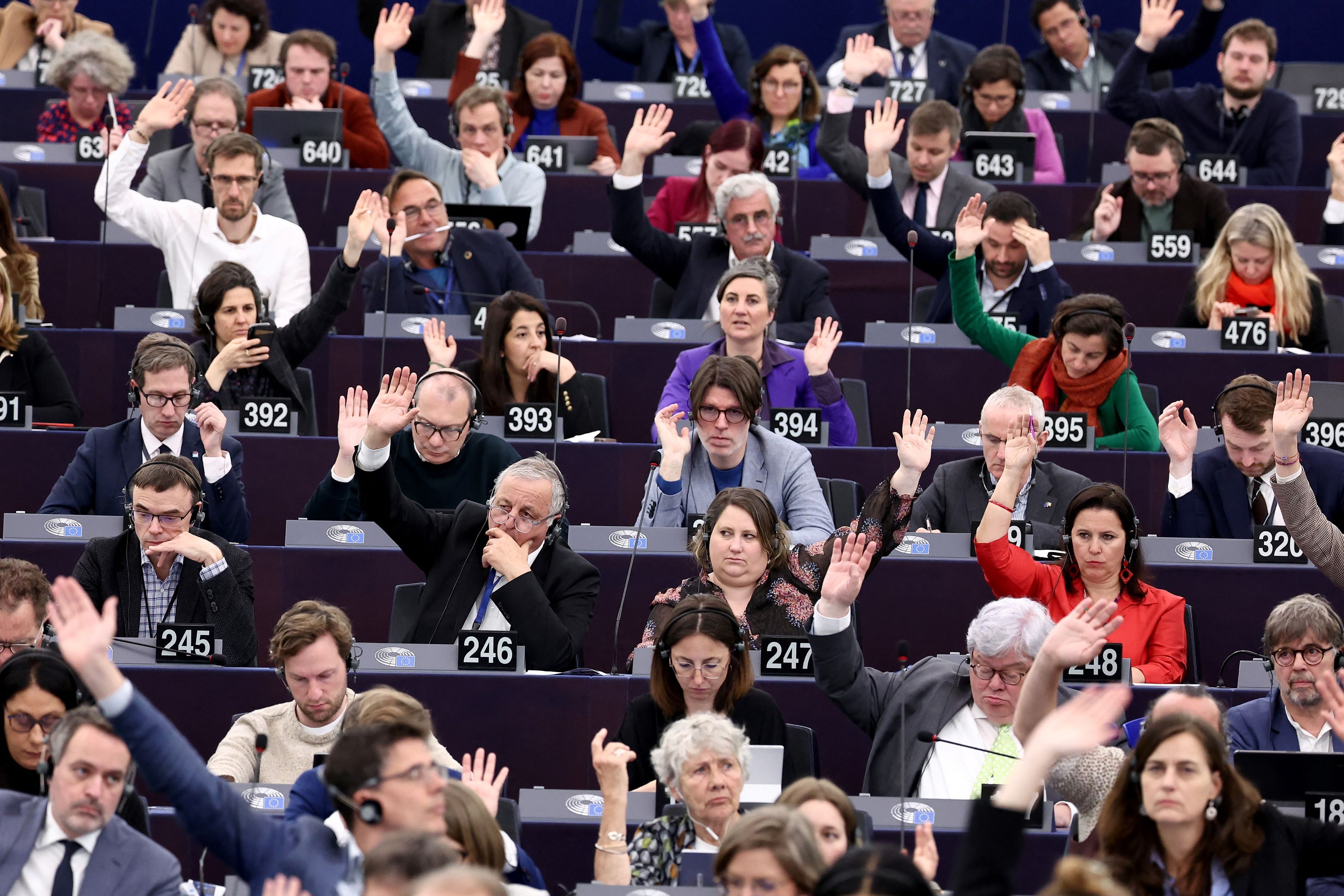European Parliament approves new national budget rules

The European Parliament approved the new framework for member states’ national budgets in Strasbourg on Tuesday.
Member states are required to limit their budget deficit to no more than 3 per cent of gross domestic product (GDP) and public debt to 60 per cent. These rules were suspended in 2020 to allow governments to invest in support for households and businesses hit by the pandemic and then the war in Ukraine.
Their reintroduction, on the basis of a pre-agreement between the Parliament and Council reached in February, is accompanied by an overhaul.
The thresholds of 3 and 60 per cent remain unchanged, but the new framework gives member states more flexibility and a more tailored path to reforming public finances over a four- to seven-year period. The framework takes into account measures that make finances healthier in the longer term, such as pension reforms. Stricter action will now be taken when countries continue to flout the rules.
"The rules will be linked to the specific context of the country and to the multi-annual reform and investment programme"
As a general rule, countries must reduce public debt by an average of 1 percentage point per year if the total debt exceeds 90 per cent, and by an average of 0.5 points if the debt is between 60 and 90 per cent. Member states whose budget deficit rises above 3 per cent must return below that threshold. After that, the target should be a deficit of 1.5 per cent.
Belgium, which recorded a 4.4 per cent deficit last year and has a national debt of more than 105 per cent, will need to reduce its deficit by 3.4 billion euros a year over the next seven years.
'Arbitrary debt reduction'
The legislative texts were approved in the last plenary session before the European elections by large majorities of the Christian democratic European People’s Party, the social democratic S&D, the liberal Renew Europe and the conservative ECR. The greens and far left and right voted against, as did the Belgian socialists.
“Budgetary efforts will have to be made in the coming years. But from now on the rules will be linked to the specific context of the country and to the multi-annual reform and investment programme,” said Flemish MEP Hilde Vautmans of the Renew group and CD&V.
"By voting for austerity, you are creating the conditions for your own political impotence," said Greens/EFA co-president Philippe Lamberts of francophone green party Ecolo. He said the Greens would have liked to promote "debt sustainability rather than arbitrary debt reduction".
MEPS vote during a plenary session at the European Parliament in Strasbourg, 23 April 2024 © PHOTO FREDERICK FLORIN / AFP
Related news

